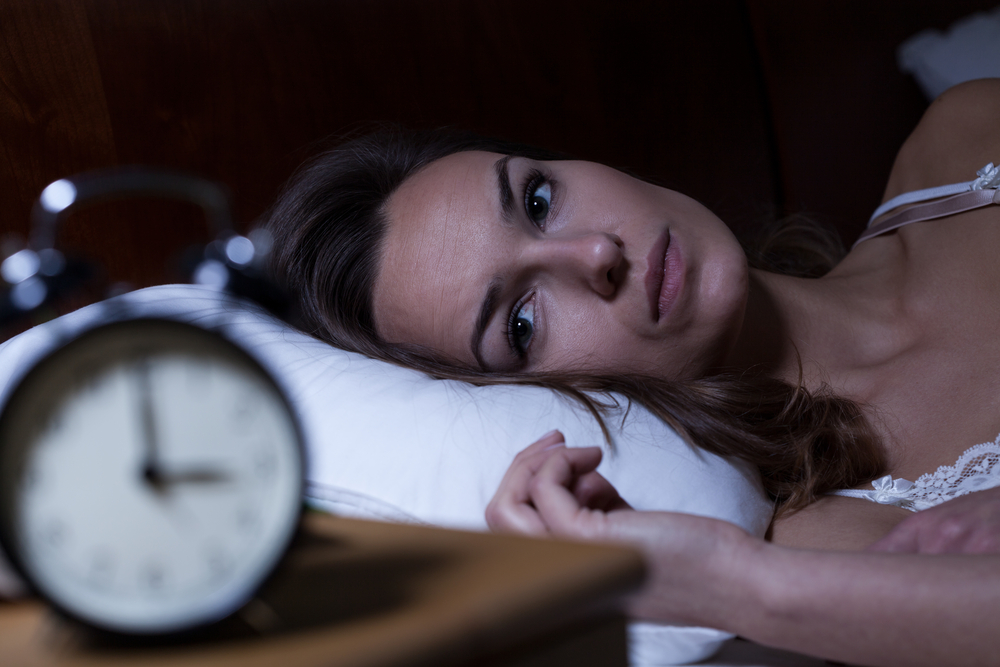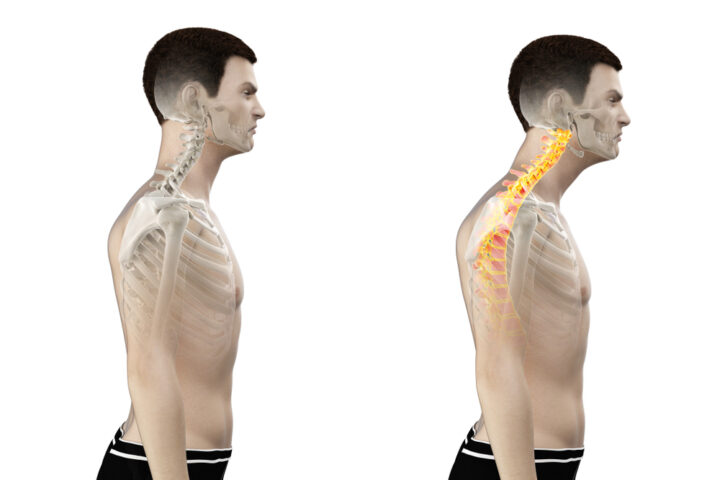A lack of good sleep has been shown to impare cognitive function but sleeping with chronic pain can seem almost impossible. Pain relief will improve the body’s coping mechanisms and improved the mood.
- It is common that people suffering from chronic pain also suffer from sleep difficulties
- Back pain is the most common cause of pain globally
- The top cause of insomnia is back pain
- Disturbed sleep is also shown to cause chronic pain levels to be/or seem to be heightened
Sleep is the body’s way of restoring itself. Without rest, the immune system is put under significant pressure, which has shown to have a detrimental effect on cognitive function and can increase the perception of pain.
Quality of sleep is more important than quantity as non-restorative sleep leaves a body feeling washed out and drained. The day starts on a low base and if pain persists, it is difficult to improve this position during the day.
Understanding The Sleep Process
A natural sleep process starts with falling asleep, progresses to staying asleep and requires the ability to fall asleep again after waking during the night.
Falling Asleep
The first process is to get comfortable and in a quiet environment conducive to sleep. In this quiet state, without distractions, those with chronic pain will find their minds will then focus on the pain
During the day, distractions can seem to ease the pain somewhat but this is not so easy at night.
Staying Asleep
Chronic pain sufferers are more likely to wake during the night, sometimes often. This can be caused by the pain itself, especially with back or neck pain when trying to roll over, or because a deep restful sleep is not achieved. This is called non-restorative sleep.
A low quality of sleep, or disruptive sleep pattern, is then likely to lead to feeling tired, depressed and lacking in energy in the morning. The pain will likely feel worse during that day.
How to Improve Sleep when suffering from Chronic Pain
The best and most efficient way to combat interrupted sleep caused by chronic pain is to reduce the pain. This can be done in a few ways:
Physically Reduce the Pain – medical intervention to resolve the issue causing the pain such as wound healing, surgery or non surgical methods. Manual therapies such as chiropractic, massage and acupuncture.
Reduce the Feeling of the Pain – non-invasive cognitive behavioural therapies and mind controlling techniques such as meditation, breathing, relaxation, mind focusing, visualisation, disassociation and hypnosis.
Masking of the Pain – such as pain and sleep medications or a combination of both
Other Ways to Improve Sleep
With or without pain the body needs to know when to sleep and when to wake. The process for achieving this is called Sleep Hygiene which incudes:
Sleep Conducive Environment – creating a physical environment to train the body and mind to recognise the preparation for sleep.
Relaxation Techniques – techniques that can also include some exercise to make the body tired and ready to relax.
Thought Cleansing – methods to park worries before sleep rather than thinking about them during the night.
Scheduling – setting routines for both the day and the night to maintain a consistent approach to the body clock, including to nap or not to nap.
Diet and Supplements – knowing which foods and supplements are conducive to sleep and how to avoid/substitute those which are not.
Sleeping with chronic pain can seem impossible but a good night’s sleep is one significant way forward to regenerate and restore the body and to help reduce chronic pain levels. It is therefore well worth the effort to investigate all possible methods to improve sleep.
Read more about sleep hygiene here https://www.sleep.org/articles/sleep-hygiene/
Read more about Non Surgical Spinal Decompression here https://nonsurgicalspinalcare.com.au/what-is-sd/








